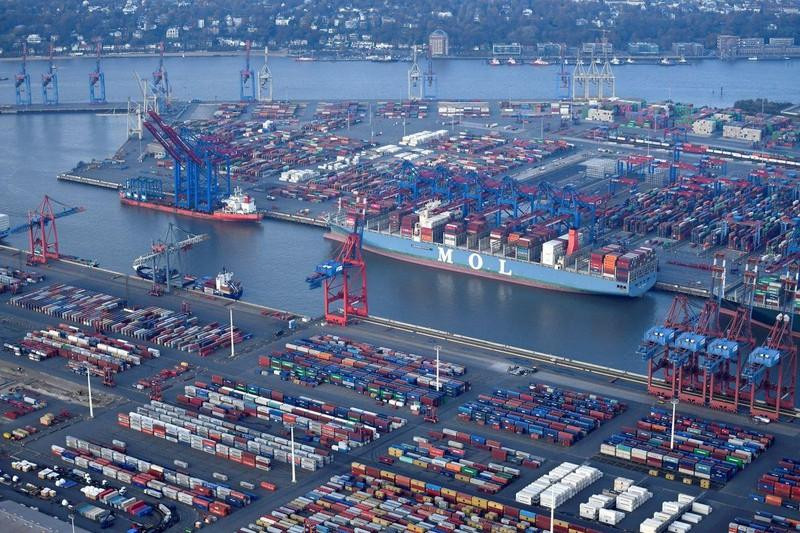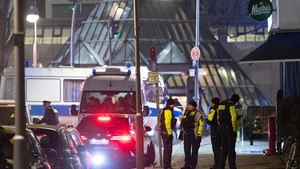The OECD projected euro zone economic growth would slow from 3.1% this year to only 0.3% in 2023. The OECD was particularly gloomy about the German economy’s dependence on Russian-gas, forecasting it would contract 0.7% next year, slashed from a June estimate for 1.7% growth.
The Bundesbank’s experts see mounting signs of the German economy sliding into a recession. By this, they mean a significant, broad-based and sustained decline in economic output.
According to the current issue of the Bundesbank’s Monthly Report, real gross domestic product (GDP) is likely to decrease somewhat in the current quarter and to shrink significantly in the final quarter of 2022 and the first quarter of 2023.
Although the impact will not be as severe as the adverse scenario presented in June, in which the German economic growth was forecast to decline by 3.2% in 2023, the future outlook still contains many potential risks.
Europe is facing unprecedented inflation and energy prices. Figures released by the Europe's statistics office (Eurostat) show that European Union annual inflation was 10.1% in August 2022, up from 9.8% in July.
The annual inflation rate in the euro area was 9.1% in August 2022, up from 8.9% in July. The lowest annual rates were seen in France (6.6%), Malta (7.0%) and Finland (7.9%), while the highest annual rates were recorded in Estonia (25.2%), Latvia (21.4%) and Lithuania (21.1%).
The problem of rising energy prices in the Eurozone contributed the most to the high inflation. According to Italy's national statistics agency (Istat), the country's inflation rate in August reached 8.4%, the highest increase in nearly 40 years, mainly due to energy prices.
Italian households and businesses are spending an additional 82.6 billion EUR due to rising electricity and gas prices. About a third of people in the "boot-shaped country" will be unable to pay their utility bills by Christmas this year due to soaring energy prices, said retail group Coop of Italy.
The burden of energy costs weighs heavily on the Old Continent's budget. According to research results of Bruegel, which is based in Brussels (Belgium), in 2021, European countries will spend nearly 500 billion EUR to help reduce the cost burden for people and businesses due to rising gas and energy prices.
Germany is the largest spender in the EU on support measures, estimated at 100 billion EUR. Italy will also spend up to 59 billion EUR, equivalent to more than 3% of its GDP. Similar to Italy, countries like Croatia, Greece, and Latvia have all earmarked more than 3% of their GDP to tackle the energy crunch.
The European Commission (EC) has proposed a series of urgent measures to tackle the energy crisis and this issue is expected to be discussed and voted on during a meeting of EU Energy Ministers on September 30.
European economies are in a period of severe challenges due to record inflation and energy supply problems. In the face of escalating prices, the ECB has prioritised the stabilisation of commodity prices, despite potential risks to the economy.
The decisions of the ECB may affect economic growth in the region, but Europe has determined that this an acceptable cost, because price stability is an important priority right now.
















